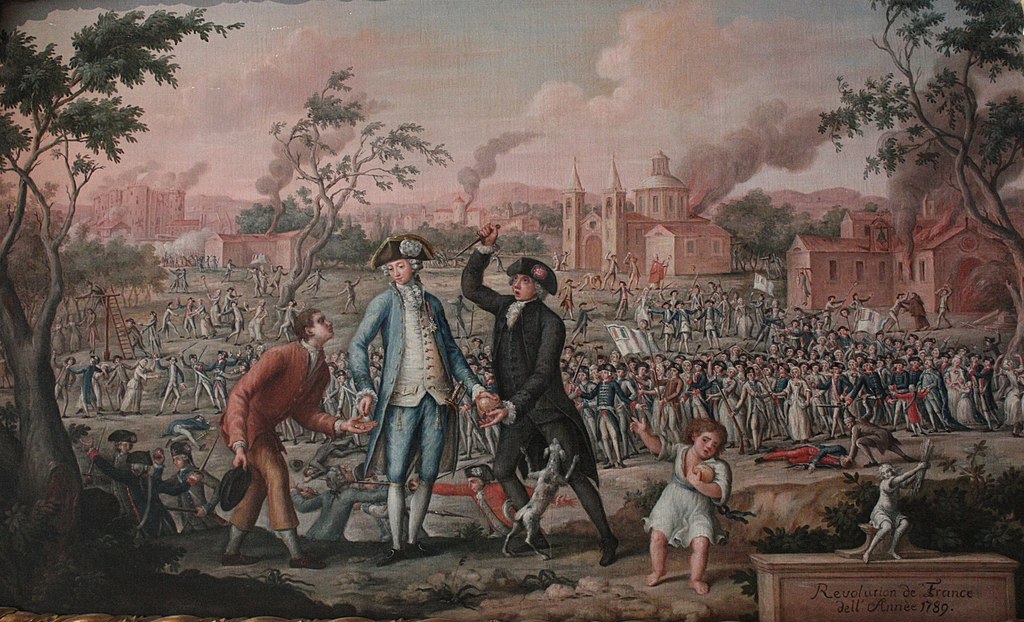Should A Civil Servant Be Civilly Disobedient?

Since being jailed last week for contempt of court, Kim Davis has emerged as a heroine for the conservative Christian Right. Mike Huckabee stated Davis’ “religious liberty has been grossly violated,” and Senator Ted Cruz created a “I Stand With Kim” page on his election website.
The muddled argument of cultural conservatives is that Davis is being maligned for her faith and that her act of civil disobedience is in response to the larger liberal conspiracy to enervate America’s Christian fabric. Of course, the obvious counter argument is that Davis and her supporters are quick to twist the victim narrative to fit themselves, not the same-sex couples who are lawfully seeking marriage licenses in Rowan County, Kentucky.
Should a civil servant participate in an act of civil disobedience at all?
These religious activists cite civil disobedience as the uniting rallying cry for a fringe that does not recognize the majority of Americans moving further away from cultural myopism. Moreover, in a grasping attempt to stay politically relevant, they invoke religious injustice as the issue because the same-sex marriage question is more or less a moot debate since the Supreme Court’s June decision.
If government employees can pick and choose which laws they “believe” in, then they are hardly fulfilling the duties of their positions.
It is valid to note that if Davis had cited her Muslim, atheist, or pretty much any other belief, this conservative chorus of support would likely not make much noise. Christian conservatives choose their champions based on their battles — not on any logic or overarching principle that supersedes these hot-button issues. Whether or not anyone agrees or disagrees with Davis’s faith-based rationale for flouting of the law, the larger question remains: Should a civil servant participate in an act of civil disobedience at all?
If government employees can pick and choose which laws they “believe” in, then they are hardly fulfilling the duties of their positions. In fact, Judge David Bunning alluded to this conflict of interest in his two-page order of Davis’s release: As long as she doesn’t “interfere in any way, directly or indirectly,” she can return to work. In other words, she’s free to believe what she wants, but she has a taxpayer-funded job to do. If Davis had been jailed for speaking out about gay marriage in her after work hours, that should have certainly raised eyebrows among Constitutional rights advocates, regardless of their political inclinations. But as a government employee, she only has the freedom to make a statement with one act — quitting her job.
Why are some Americans so strongly opposed to gay marriage? Henry Rollins is convinced that not so many people are actually opposed.




